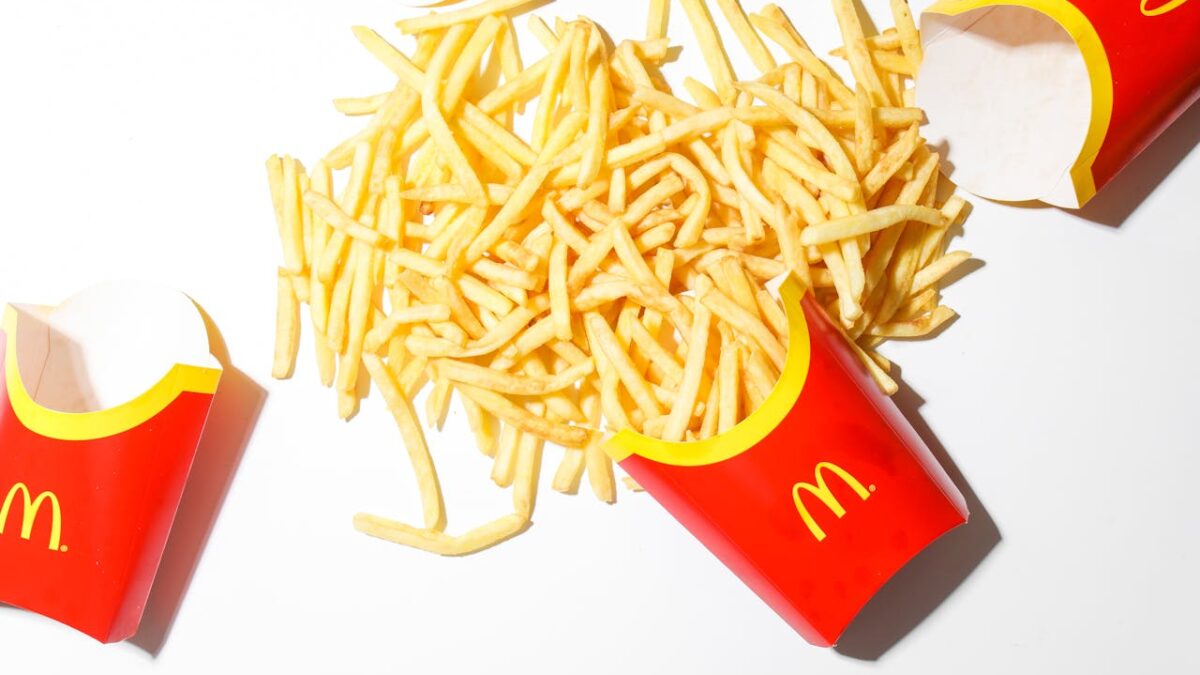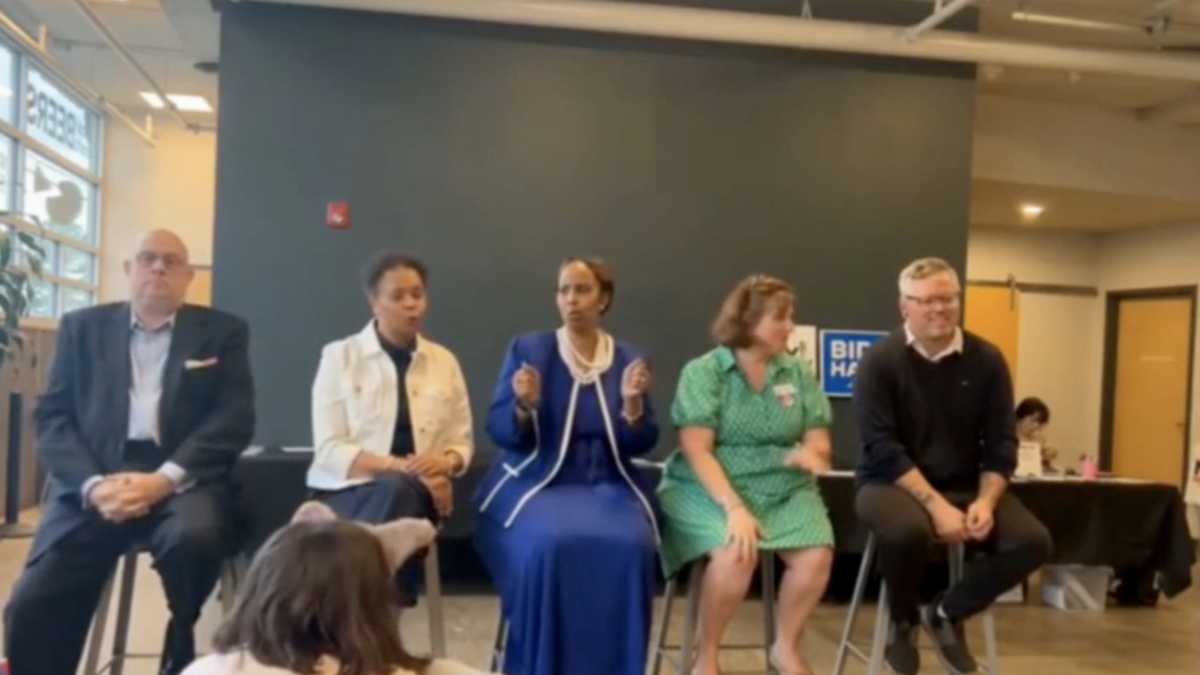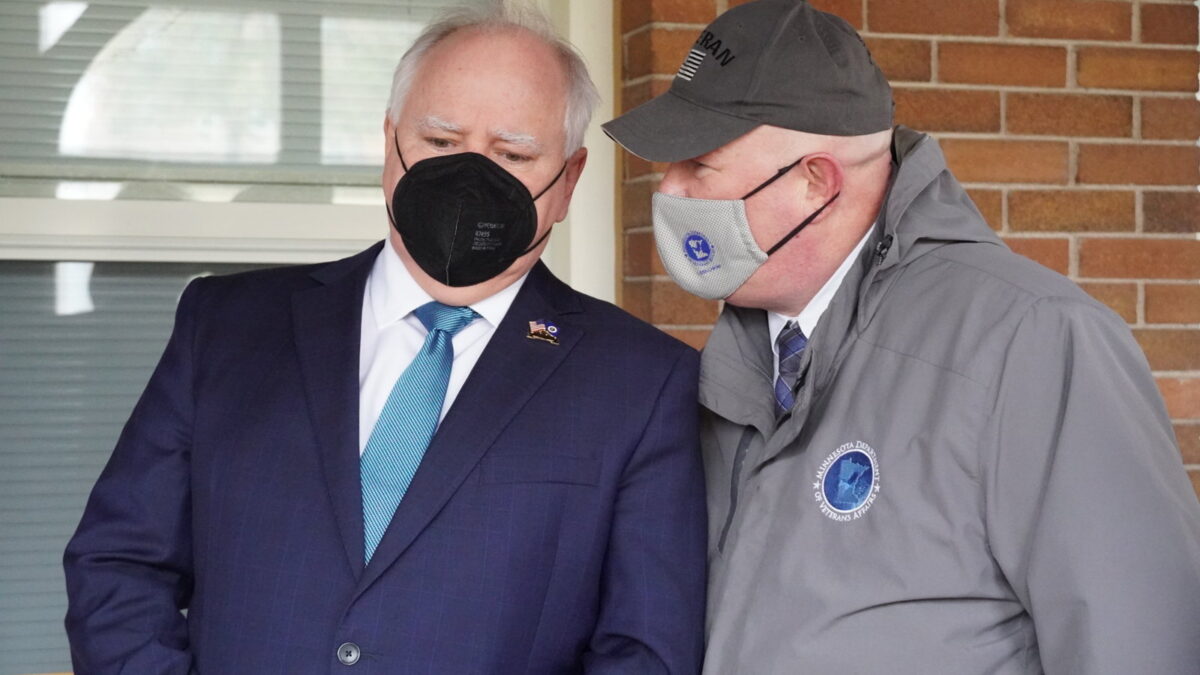
Many moons ago, while having a drink at the Oak Bar in New York’s Plaza Hotel, I ran across an old college acquaintance with the tremendous nickname of “Mr. Chuckles.”
I was about 22 at the time, and lived in a decrepit Manhattan “apartment,” which was actually a tiny, halfhearted pile of bricks, futon covers, and hollow cardboard-weight doors slowly miming a poor, sad imitation of a real, non-joke apartment. If memory serves, the approximate square footage hovered around my all-time low bowling score, and I had also recently had a giant cockroach fly out of a sweater as I was putting it on in my gnome-sized closet, so I have no idea why I was wasting money at the Oak Bar in New York’s Plaza Hotel. Now that I think about it, maybe I was scared to go back home. The cockroach, after all, was still there.
“You know,” Mr. Chuckles told me, apropos of nothing, perhaps on his third or fourth drink—he looked like he had been there for a while—“I really like dating girls with low self-esteem. They’ll never break up with you, no matter what.” He then went on to detail all the different neuroses (eating disorders, shoplifting habits, obsessive roller blading, acting as a Hamptons drug mule) that gave away low female self-esteem. Meanwhile, I sat agog, chugged my cocktail, and silently plotted my escape.
If this had happened in 2015, of course, Mr. Chuckles could have been hogtied, dragged out of the bar, tossed in the fountain, and publicly shamed for his transgressions—or at least put through a thorough Twitter scolding. But according to the latest batch of grievance culture “think pieces” set adrift on Internet way, he was free, at least, of one problematic offense: He did not comment upon anyone being unusually pretty.
Oh, the Agony of Gorgeousness
“People Judge Me Because I’m Pretty,” college student Felicia Czochanski wrote last week in Cosmopolitan, bemoaning her “blonde hair, big hazel eyes, 34DDs, and toned calves.” Czochanski suffers, you see, because of her magnetic beauty, which apparently causes the world to stop each time she walks into a subway station or bagel shop. “Imagine how it feels to have heads turn and all eyes on you when you are simply trying to get to where you need to be…It makes me feel like there is something wrong with me. The scrutiny is never ending.”
After a few more paragraphs detailing the torment and oppression that comes from everyone looking at her all the time, the piece ends with a decision to ignore all the attention. This is followed, somewhat delightfully—and also incongruously—by an invitation to “Follow Felicia on Instagram.”
Next up, we have Blake Dodge, a student at the University of North Carolina, who published a real op-ed in an actual newspaper about her horrible first-world life and “the struggle to be taken seriously in the age of subtle sexism.” I had to read this one a few times to make sure it wasn’t satire; alas, it is not.
“I identify as female,” Dodge writes, and “I am apparently a conventionally attractive student-athlete at UNC-Chapel Hill…Writing this now, I feel my stomach drop. In a culture that regularly exploits sexuality, it’s ironically unacceptable when women openly acknowledge it themselves. But hear me. The following is a string of subtle and routine occurrences that make me feel less human and should take their rightful place among the larger narrative of sexism in contemporary America.”
Among Dodge’s thorny crosses to bear: chafing spandex, counting calories, “masculine-identifying friends” who engage in “a sort of masculine greeting ritual”—Dodge, needless to say, is studying sociology—people looking at her in the gym, a male colleague taking charge in a group project, a random classmate jokingly telling her she can’t be “pretty and smart,” her butt being “big for a white girl,” her chest being “small, given my butt,” and her dad suggesting that starting a nonprofit in her spare time might be a “bit much.” At the risk of supporting the patriarchy, given her current fragile mental state, and I have to say that Dad might be right on that one.
Fishing for Sympathy Is Fashionable
These various items of torture—things that normal people would call “daily life, if you’re lucky enough not to be living in a war-torn desert dystopia”—are, in the mind of Dodge, all “power grabs,” adding to “the increasingly heavy load we women carry.” I found this line particularly funny and ironic, because I’m old enough to remember legends of men regularly offering to carry literal heavy loads for women, without fear of terrifying reprimands. Thank you, crazed feminists! Watch out for the microaggressions on the way to sociology class!
It is here, in sharp relief, that we see the full, absurdist flowering of the grievance culture: Just when you think people have run out of things to complain about, they start complaining about their own privilege. Even better, through some serious mental jujitsu, they manage to then convert that privilege into oppression. “Ugh, I’m so heinous, Tracy,” the old-school pretty-girl technique goes. “Do I look fat in this dress?” Tracy, of course, knows exactly what to say. Today, however, instead of fishing for compliments, people fish for sympathy—or, even better, the holy grail of victimhood status.
Unfortunately, it’s not just naïve college students getting in on the act—and “harassment” is getting a rather broad definition. Charlotte Proudman, a British lawyer, recently publicly shamed a fellow lawyer—a 57-year-old partner at Brown Rudnick—for complimenting her “stunning” picture on LinkedIn. Calling the admiring comments “unacceptable and misogynistic,” she has contacted the hapless attorney’s firm, the BBC reports, to complain, “and will also be referring the issue to the Solicitors Regulation Authority.”
The cult of victimhood has been growing for a while now, but it’s still a bit startling to see the pretty girl version, which, when you think about it, is pretty much the ultimate in cultural appropriation. “Ugh, I’m so, so pretty. It’s unbearable how I glisten in a sea of dull. I could make the Laker Girl squad by just showing up to tryouts—I wouldn’t even need legs to dance on! I could make the cut for ‘Dancing with the Stars’ tied up like Harry Houdini, but much more attractive, of course, and with better skin, and magnificent, bouncing bosoms! Everyone would stare at my fantastic self! Ugh, stop looking, people! Isn’t life the WORST?”
Sometimes it is, ladies. Thank you for doing your part. In the meantime, we might all internalize the legendary message of the Roman slave, perched behind Caesar as he surveyed his conquests: “All glory,” he would whisper, “is fleeting.” So, at least I hear, are looks. Might as well enjoy it while it lasts.









